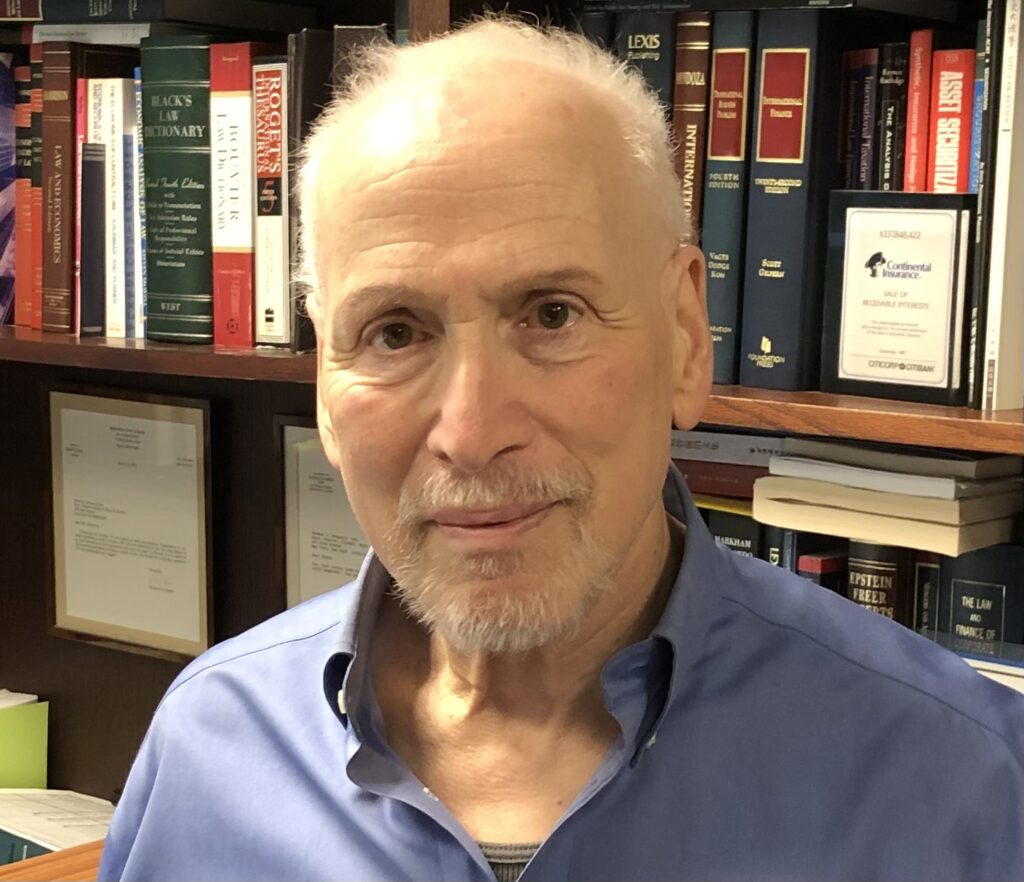By Prof. Steven L. Schwarcz (Duke University School of Law)

Although federal bankruptcy law, epitomized by Chapter 11, has a pro-debtor—or at least, anti-liquidation—bias, no scholarship analyzes whether that bias creates net value or merely results in a zero-sum game that redistributes value from creditors to debtors. This Article, Bankruptcy’s Redistributive Policies: Net Value or a “Zero-Sum Game”? (forthcoming in 99 American Bankruptcy Law Journal (issue no. 2, Aug. 2025)), shows that the bias is due more to accidents of history, path dependence, and self-interested lobbying than to any reasoned analysis of value creation. The bias also is inconsistent with many foreign insolvency laws.
The Article analyzes whether bankruptcy law should have such a pro-debtor bias. An empirical analysis of that question is not generally feasible because debtor and creditor costs and benefits in bankruptcy cannot be accurately quantified and compared. The Article therefore engages in a second-best methodology: it builds on the pro-debtor shareholder-primacy model of corporate governance, which is widely viewed as maximizing value, by stressing that model under the circumstances of bankruptcy. This reveals two critical differences. First, creditors become the primary residual claimants of the firm, whereas shareholders are relegated to secondary residual claimant status. This changes the identity of the beneficiary of the “shareholder” primacy model, whose goal is to favor the firm’s primary residual claimants. Second, the covenants that normally protect creditors become unenforceable in bankruptcy, suggesting the need for additional creditor protection.
Utilizing these differences, the Article proposes and assesses a “creditor-primacy” governance model for debtors in bankruptcy. It also examines how such a model could be applied to maximize bankruptcy value. The Article recommends, for example, a threshold viability test that would require debtors that are unlikely to successfully reorganize, and therefore likely ultimately to liquidate, to be liquidated at the outset of a Chapter 11 case. That would save the considerable expenses of proceeding through bankruptcy, which can severely reduce creditor recovery. Such a test also should reduce agency costs and moral hazard. Furthermore, it should help to avoid the sunk-cost fallacy that leads to a disproportionately high number of supposedly reorganized debtors having to subsequently re-file Chapter 11 cases.
Click here to read the full article.
